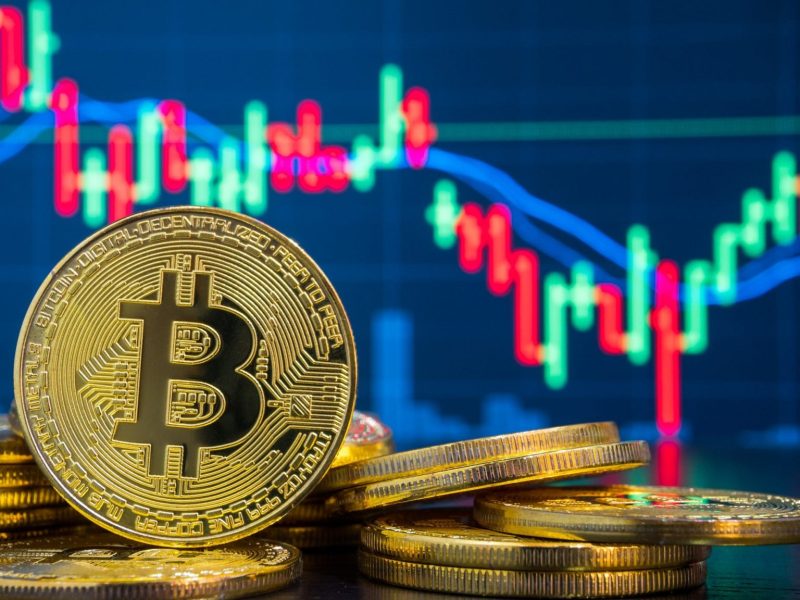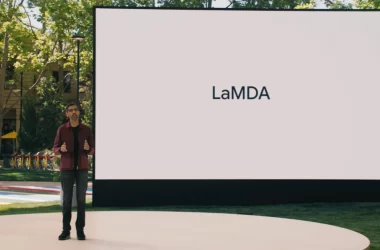Table of Contents Show
It’s official: the cryptocurrency revolution has begun. While many people are still yet to adapt this technology in a major way, mainstream companies and traders are using it en masse, and that’s only going to get more common as crypto becomes easier to understand.
One of the most important and pivotal cryptocurrencies is, of course, bitcoin. When you talk to people about cryptocurrency, you’ll often find that bitcoin is one of the first currencies they mention, along with ethereum and dogecoin. Despite its widespread popularity, there’s still a lot that many people don’t know about this misunderstood currency. Here are 15 things that you might not have known about bitcoin.
1. Nobody knows who its founder actually is
Bitcoin’s founder is Satoshi Nakamoto, who isâ¦well, nobody knows. He could be a single individual, or a group of entities. He might still be alive, or he could have died years ago. The fact is that Nakamoto’s identity is shrouded in mystery, which is appropriate given the nature of what he (we’ll refer to him as ‘he’for convenience) was dealing with. Nakamoto’s last appearance online was back in 2010, and nobody’s heard from him since.
2. If you lose your address, you lose everything
Bitcoin is decentralised, which means there isn’t a single authority that covers everything to do with the currency. As such, if you manage to lose your address (or private key), then you’ll also lose everything in your wallet. Current estimates suggest that around 60% of Bitcoin addresses online are actually ghost wallets, which means they’ve lost their address.
3. Bitcoin farms are power-hungry
You might have heard something about the way in which cryptocurrency devours power in order to function, but here’s a sobering comparison. If you add up all bitcoin farms, you’ll get an output of around 6000 kilowatt hours, which is actually more than some small countries use. It’s fair to say that although some inroads are being made into eco-friendly cryptocurrency, we’re not there yet.
4. Nine countries have banned bitcoin
At the time of writing, there are nine countries in the world where trading and using bitcoin is completely banned. These countries are China, Iraq, Nepal, Tunisia, Morocco, Qatar, Algeria, Bangladesh, and Egypt. Several other countries, such as Thailand and India, urge their residents to use caution when engaging with bitcoin, but haven’t banned it outright.
5. There are a limited number of bitcoins
In a similar way to how there are only a limited number of banknotes in circulation at any given time, there’s a limit to how much bitcoin there is in the world. There are 21 million bitcoins, and once this limit is arrived at, there won’t be any more. This stands in contrast to how traditional currency works; governments will often make more banknotes, but once 21 million bitcoins have been mined, that’s it.
6. The capital letter matters
There’s actually a fairly big difference between ‘Bitcoin’and ‘bitcoinâ. ‘Bitcoinâ, with a capital B, refers to the blockchain ledger that stores all transaction information, while ‘bitcoin’refers to the actual cryptocurrency itself. As such, you can’t use ‘Bitcoin’with a plural, but you can and should use the plural form of ‘bitcoin’to describe the currency you currently have.
7. The first known bitcoin transaction took place for pizza
As far as we know, the first major commercial bitcoin transaction took place in 2010. A Florida man paid for two pizzas using 10,000 bitcoins, which was worth around $40 at the time. Now, that amount would be worth around £318 million, so you can imagine that paying for two pizzas with 10,000 bitcoins would be overkill today. We wonder if that man knew what he was getting himself into.
8. Your bitcoin wallet can be tracked
It’s actually possible to track your bitcoin wallet, as well as all of the transactions that occur using the currency. This is because bitcoin is not truly anonymous; instead, it’s pseudonymous, which means that governments can still track it if they feel like it’s justified. It makes sense; allowing anonymous transactions would essentially be the same as sanctioning a black market.
9. Bitcoin is, by far, the most valuable cryptocurrency right now
Cryptocurrency is so fluid that by the time you read this, bitcoin could well have fallen off a cliff. However, at the time of writing, bitcoin was far and away the most popular cryptocurrency in terms of worth. The price of a single bitcoin currently stands at around $42,000, with the next highest currency being ethereum, which will set you back just $2,950 for a single unit.
10. Someone knows who Satoshi Nakamoto is
We know, we know – the people originally behind Satoshi Nakamoto’s creation obviously know who he is. However, did you know that the American NSA also knows? It’s true – the agency supposedly discovered Nakamoto’s identity by themselves, but didn’t publicly disclose it, presumably because they had no reason for doing so. It’s tantalising to know that somebody is aware of Nakamoto’s identity.
11. Bitcoin is favoured by ransomware hackers and terrorists
This one might sound a little inflammatory, because the vast, vast majority of bitcoin traders aren’t bad actors. However, the pseudonymous nature of bitcoin makes it fairly hard to track, which means that many criminals, including hackers and terrorists, favour it when they’re declaring ransoms or asking for donations. This won’t affect the majority of bitcoin traders, but it can have an adverse effect on the currency’s popularity.
12. The FBI has the world’s second-largest bitcoin wallet
As you might imagine, Satoshi Nakamoto still holds the world’s largest bitcoin wallet, but did you know that the second-largest wallet belongs to the FBI? It’s true – the organisation has been shutting down operations like Silk Road, which traded in bitcoin, and confiscating the earnings of those sites for itself. The FBI probably won’t spend that bitcoin, but it exists nonetheless.
13. Bitcoin has been to space
A bitcoin mining operation by the name of Genesis Mining has actually sent bitcoin to space. Now, since bitcoin doesn’t physically exist, you might be wondering how this is possible. The company sent a physical manifestation of bitcoin up into the stratosphere along with a paper wallet, which technically means bitcoin has been to space. We’re sure the Martians were thrilled.
14. Bitcoin isn’t legal tender in the UK
While the UK recognises the existence of bitcoin (along with other cryptocurrencies) and currently considers it to be ‘propertyâ, there’s no official recognition of bitcoin as a legal tender currency in the UK. This law varies around the world; in El Salvador, for example, bitcoin is considered legal tender, whereas in Japan and Australia, it’s recognised as a fiat currency.
15. Bitcoin is very volatile
We’d like to close with a word of friendly warning. While it can be a good idea to invest in bitcoin, you should be aware that by its nature, the currency is extremely volatile. This means that the value can go up and down on a whim; celebrities tweeting certain things about bitcoin can cause its price to skyrocket or plummet over the course of just a few minutes. Bear that in mind before you decide to invest.









